Why is my download speed so slow when I have fast internet?
Slow downloads are a regular issue for internet users, even when their devices are connected to a good internet connection.
So, why is my download speed so slow when I have fast internet?
If you are finding the answer to this question, yup, you’re in the right place.
Follow the following article to find out possible reasons for your problem.
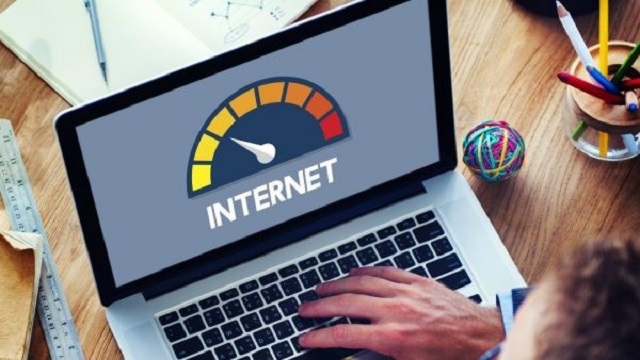
Why is my download speed so slow?
Fast internet but very slow download speed
I ran a download speed test on both my computer and iPad.
The results were 100 Mbps of download speed ( around 11.9 MBps).
However, I used to get about 12MBps on Steam but when I downloaded GTAV, the maximum speed I can get is 2 MBps.
I don’t understand what happened.
On my iPad, it still worked so fast and can download a 1GB app within a minute.
Whereas my PC can take forever to download it even if I used an ethernet cable.
So, What causes this situation?
Keep reading to find out the answer!

Fast internet but slow download speed
Why is my download speed so slow when I have fast internet?
In computer networks, download refers to receiving data from a remote system, most commonly a server such as a web server, an FTP server, an email server, or another similar system.
In theory, download speed and internet speed are closely related.
However, apart from the internet speed factor, there are various reasons why your internet speed may appear slow even if you have a high-speed internet connection.
The causes might range from problems with your router to other devices consuming bandwidth or a sluggish DNS server.
Problems with your router
Because your router is positioned between your modem and your devices, it has the potential to slow down your connections.
There are several router problems that might slow down the speed even with a fast connection that will be mentioned below:
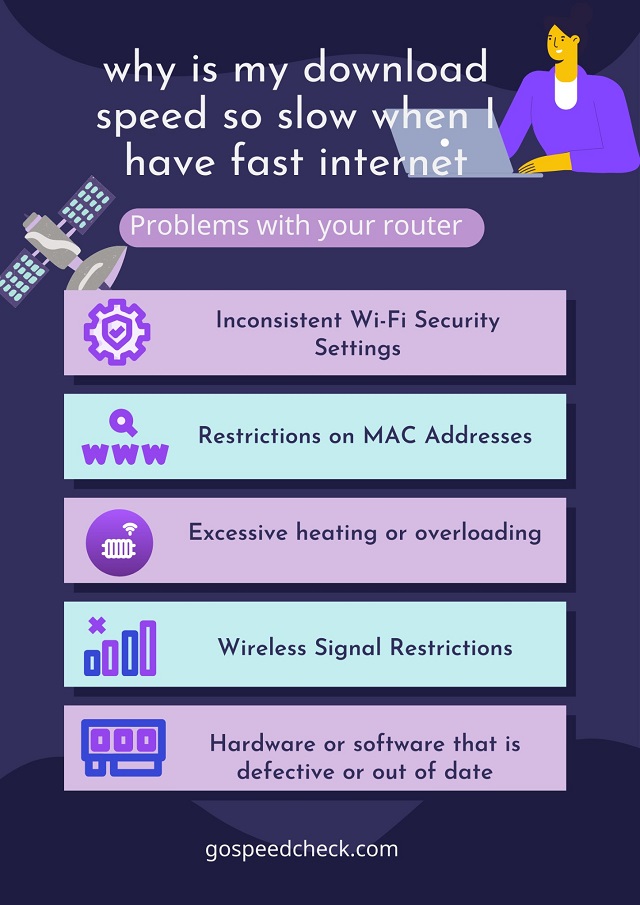
Problems with your router
Inconsistent Wi-Fi Security Settings
Incompatibility in settings between the router and a PC is a typical source of wireless network setup disputes, preventing them from finishing a network connection.
For example, routers set only to support 802.11g will not allow 802.11n or older 802.11b devices.
Or the majority of Wi-Fi devices provide a variety of network security protocols (typically, variations of WPA and WEP).
All Wi-Fi devices on the same local network, including routers, must utilize the same security mode.
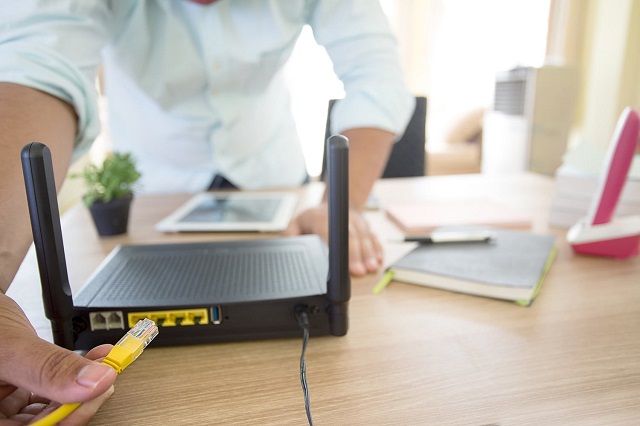
Problems with your router cause slow download speed
On the other hand, Wi-Fi security keys are passcodes or sequences of letters and digits.
All devices that connect to a network must be configured to use a Wi-Fi key that the router recognizes.
Many home network routers only offer one key that all devices must use.
Some newer routers store many Wi-Fi security keys instead of just one, while still permitting varied key configurations for local devices.
Restrictions on MAC Addresses
MAC address filtering is a function that many network routers provide.
Although this capability is disabled by default, router administrators can enable it and limit connections to just specific devices based on their MAC address number.
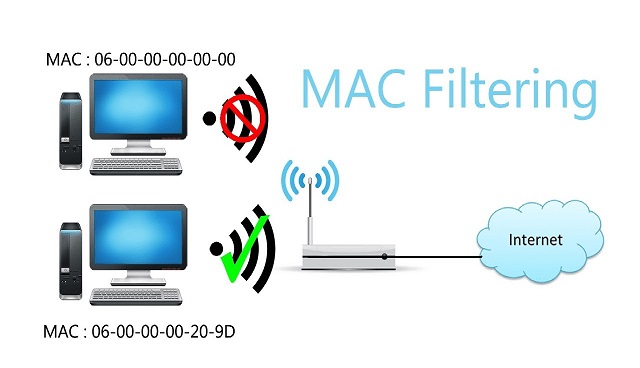
MAC Filtering
Excessive heating or overloading
Long periods of downloading huge files or streaming data lead a home network router to create heat.
Due to the sustained high load, routers might overheat in rare instances.
Overheated routers act erratically, eventually disconnecting devices from the local network and crashing.
Also read: How to speed up game downloads on Xbox one?
Wireless Signal Restrictions
Because Wi-Fi radio signal range is restricted, home network connections may fail because a device's radio cannot reach the router's.
Signals can be suppressed for a variety of reasons.
When someone turns on the microwave oven, some customers experience wifi disruptions.
Garage door openers and other consumer electronics can potentially interfere with Wi-Fi network transmissions, particularly those that use the 2.4 GHz radio bands.
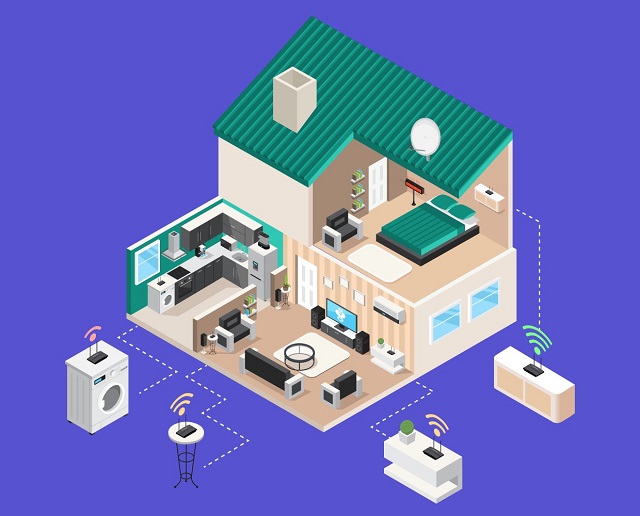
Wifi Signal interference
Hardware or software that is defective or out of date
Routers frequently break after years of continuous usage.
Lightning strikes and other electrical power spikes can destroy network equipment.
Repairing a network router is rarely practicable due to its small number of moving components.
Other devices using up bandwidth
Connecting additional devices to broadband internet will affect the internet speed.
As more devices send data across the internet, the internet speed slows.
This is due to the router's limited ability to transport and manage a specific quantity of data each second, which is shared by all users and devices.
So, how to increase download speed?
Just simply disable all unused programs and devices.

As more devices send data across the internet, the speed slows
A sluggish DNS server
If you don't have an internet connection or if webpages only load occasionally, the problem is typically not with your internet connection but with the DNS servers used.
DNS servers convert human-readable web addresses (such as www.trustedreviews.com) into computer-readable IP addresses (151.101.2.114, for example).
This is known as a DNS lookup.
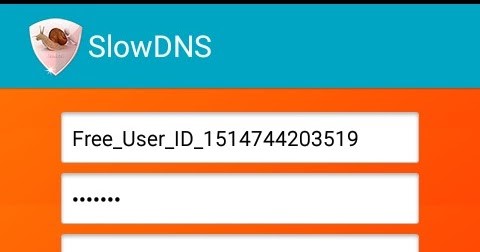
A DNS lookup
An issue with your ISP's DNS servers might cause the internet to feel slow.
When you connect to a website, for example, several DNS lookups are necessary to download all of the photos, text, advertisements, and so on.
As a result, if a DNS server is extremely slow, a website may load slowly.
Furthermore, malfunctioning DNS servers might prevent your computer from connecting to a website even though your internet connection is functional.
Also read: How to speed up downloads on BitTorrent?
How to speed up download speed?
If your download speed is too slow and causes some troubles, you can try out some quick fixes below.
Fix 1: Run the Network Troubleshooter
Step 1: Press the Start button
Step 2: Click Settings => Update & Security => Troubleshoot => Additional troubleshooters => Internet Connections.
Step 3: Select Run the troubleshooter.
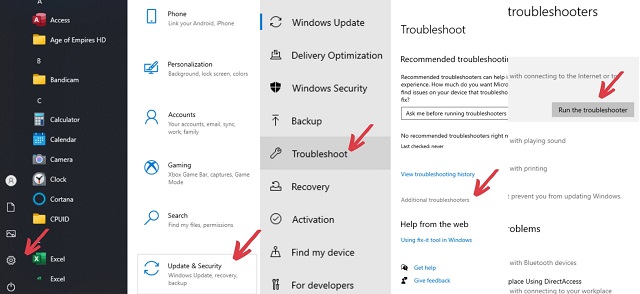
Run the network troubleshooter
Fix 2: Check DNS settings
Step 1: Click on Search, type CMD and hit enter to run Command Prompt as Administrator.
Step 2: In the Command Prompt window, type ipconfig /flushdns
Step 3: Press Enter.
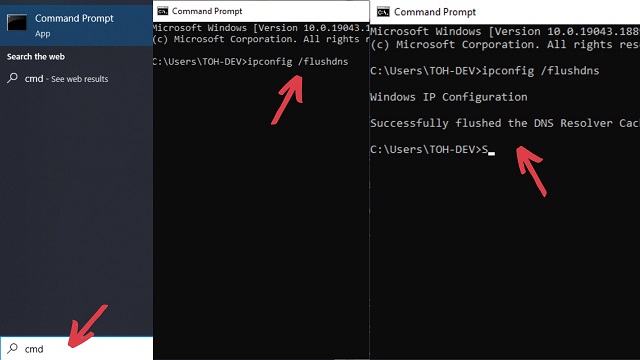
Run CMD
Fix 3: Change DNS
Step 1: Press the Windows logo key + R, to open Run dialog box.
Step 2: Type ncpa.cpl and click on OK.
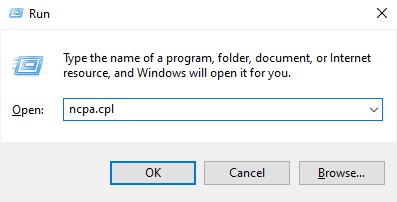
Step 3: Right-click on the connection that you are using and click on Properties.
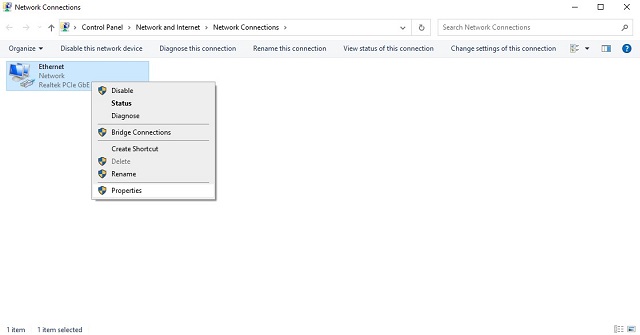
Step 4: Double click on Internet Protocol Version 4 (TCP/IPv4).
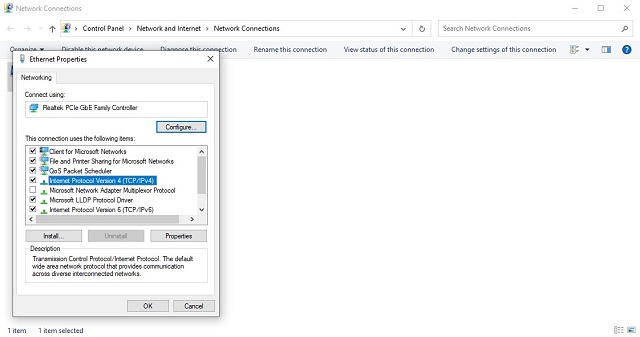
Step 5: Click on Use the following DNS server addresses, and enter 8.8.8.8 and 8.8.4.4.
Fix 4: Remove a Proxy server
Step 1: Press Windows + R key to open Run command
Step 2: Type inetcpl.cpl and click OK
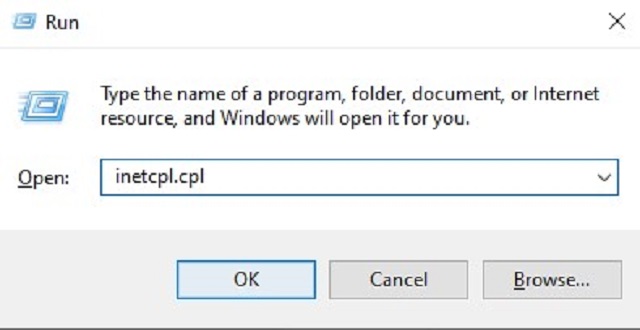
Step 3: Select the Connection Tab.
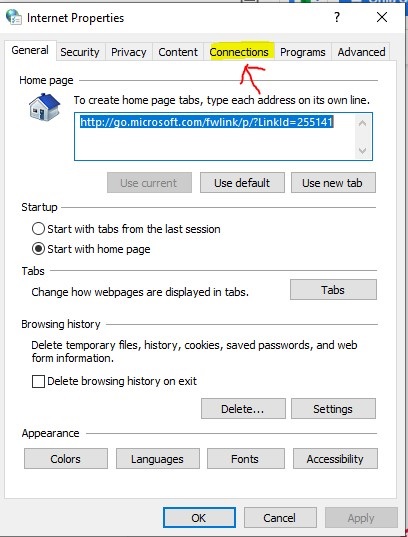
Step 4: Click on LAN Settings and uncheck the box beside “Use a proxy server for your LAN”
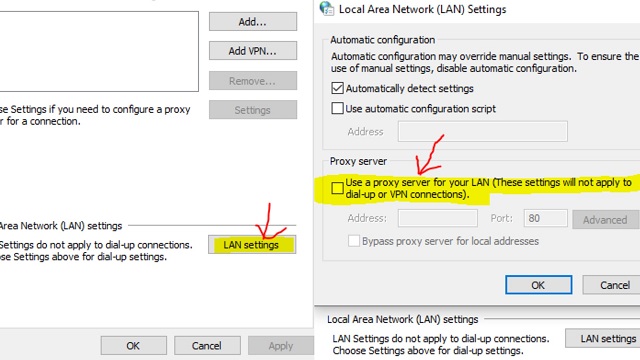
Fix 5: Reinstall the driver
Step 1: Press the Windows + X key and select Device Manager from the context menu.
Step 2: Click the “Network Adapters”.
Step 3: Right click on the driver from the list and select “Uninstall devices”
Step 4: Check the box beside “Delete the driver software for this device”
Step 5: Restart the PC and install the Network driver from the manufacturer's website.
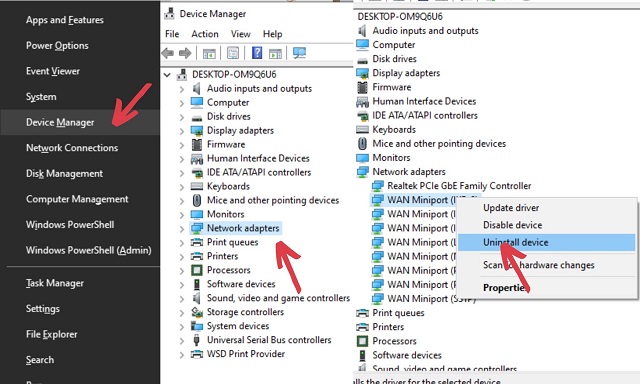
Not only you get the situation of fast internet speed test but slow actual download speed.
Many internet users all over the world also are finding causes and fixes for this issue.
Here are some common questions related to this topic.
Let’s find out.
Many factors can contribute to your problems, such as congested networks in your area, an oversaturated connection at home, or faulty or improperly configured Wi-Fi equipment.
To sum up, the causes of slow internet will differ from person to person.
This post also covers every common problem and its solution, so if you haven't tried all of them yet, go back and do so!
When you download a file, the speed is displayed in megabytes per second (MBps).
Speed tests and ISPs both report speeds in megabits per second (Mbps).
Because 1 MB equals 8 Mb, the actual numbers you see while downloading files will always be much lower than the numbers reported by test websites and ISPs.
However, because the units differ, the values should be equivalent:
8 = Test speed in Mbps Download speed in MBps
If they are not equivalent, your connection may be weak as a result of one of the scenarios discussed in this guide.
Try out 5 effective fixes mentioned above immediately.
There are many ways to check download speed as well as internet performance.
Online download speed test ( MySpeed, Speedtest Ookla, FAST…)
Check with CMD
Internet speed test app (MySpeed, Speedtest VPN, SpeedTest Master….)
Chrome extension
However, whatever kind of speed test tool you opt for, keep in mind avoid these things below while running a test.
Turn off VPN.
Disable all unused background apps and devices.
Avoid testing at peak hours.
Conduct several tests, not just only one test.
Conclusion
Hopefully, you can be able to pick up some helpful information about why is my download speed so slow when I have fast internet, from there helping you to find the best solution for how to increase download speed.
Follow MySpeed to get more and more helpful articles related to network connections.
Source:
https://www.lifewire.com/troubleshooting-home-network-router-problems-817742#toc-mismatched-wi-fi-security-settings
https://www.callforinternet.com/blog/download-speed-so-slow-fast-internet
![Why is my download speed so SLOW but upload FAST: 3+ causes [Updated]](https://gospeedcheck.com/filemanager/data-images/Why-is-my-download-speed-so-slow-but-upload-fast_1.jpg)
![Why is my Xbox download speed so slow? 5 little-known reasons [SOLVED]](https://gospeedcheck.com/filemanager/data-images/Why-is-my-Xbox-download-speed-so-slow_1.jpg)
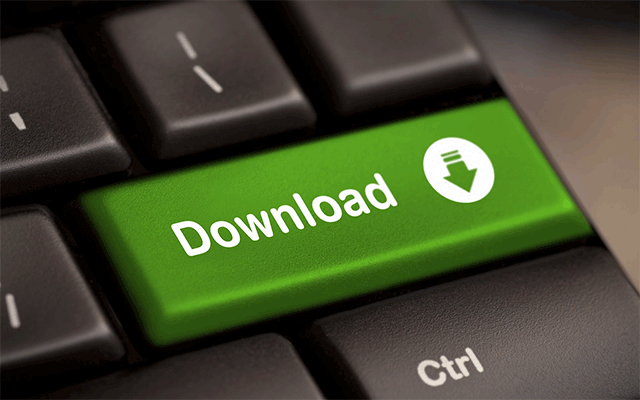


0 Comments
Leave a Comment
Your email address will not be published. Required fields are marked *